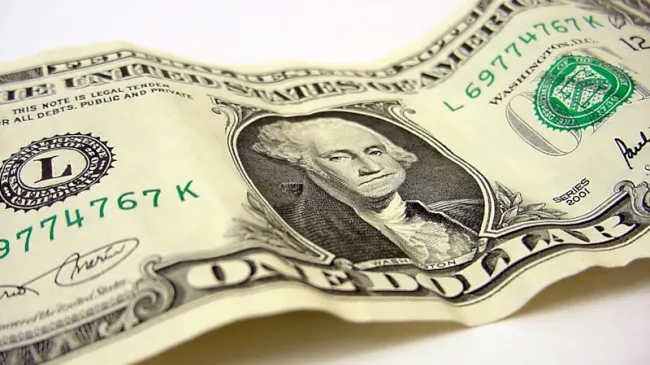The Dam Breaks
It would be the supreme irony if, in Greenspan's eager rush to bail out his constituents at the first whiff of every trouble from Y2k to WTC, all he and his myrmidons on the lower slopes of Olympus have accomplished is to topple the very banks they are there to protect.








